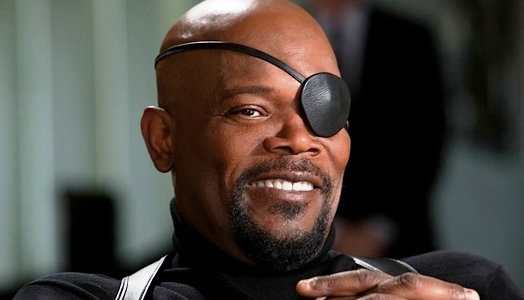
The character Magneto from X-Men
I’ve been thinking about how magic is often represented in fantasy.
I’ve written previously about how many SFF stories (poorly) represent post-racial societies. My issue with magic is a close cousin to that topic.


The character Magneto from X-Men
I’ve written previously about how many SFF stories (poorly) represent post-racial societies. My issue with magic is a close cousin to that topic.

Charles Pike, a character from season 3 of the sci-fi show The 100.
This is largely because they are the genres of ideas on what another version of the world could—and in some cases should—look like.

A reporter determined to get the scoop on Xena
In a way, I could have said this at the end of the season 5 of Xena Warrior Princess, which itself wasn’t as strong as seasons past, in my opinion.
By season 6, much of what previously made the show great – Xena and Gabrielle wandering Greece and interacting with various gods and mythological figures – fell by the wayside.

Samuel L. Jackson starring as a racebent Nick Fury
Whenever a major media outlet posts an article about the problem of whitewashing in mainstream entertainment, there is a certain response that’s guaranteed to appear in the comments thread.
Well it’s no different than casting a person of colour in a role meant for a white person, so if they had a black James Bond, it’d be equally racist and offensive.

Benedict Cumberbatch in Star Trek: Into Darkness, playing the role of an important non-white character from the Star Trek universe
Among my favourites is Hua Mulan, the legendary subject of an Ancient Chinese epic poem about a young woman takes her aged father’s place in the military by disguising herself as a boy.
In the 1998 Disney cartoon, Mulan, she is shown exhibit bravery, ingenuity, and honour, and succeeds in helping save China from invaders.

Xena receives some unexpected news
Up to this point, Xena has gone from being a former bloodthirsty warrior, newly repentant and wracked with self-loathing, to a devoted friend and fighter for good and justice, to a self-assured paladin following the righteous spiritual path known as the Way of the Warrior.
Meanwhile, Xena’s best friend and sidekick, Gabrielle, has gone from a plucky, idealistic peasant girl, to an unwitting Amazon princess and novice fighter, to an adherent of the nonviolent spiritual path known as the Way of Love, to an eventual apostate of that path in favour of becoming a warrior – no longer a sidekick – in her own right.

This is a statement one doesn’t often hear, particularly as the days are now getting warmer (at least they were last week; damn you, fickle Vancouver weather!) and longer.
It’s also a statement not often heard from me. Always, I have prioritized writing over TV, to the point that I only allow myself to watch shows on weekends and holidays. Even at that, I’ve decreased my TV consumption of late the deeper I get into the revision of my WIP.

Then again, it’s even rarer for me to start liking a TV show after I’ve initially decided that I don’t.
And yet both of these things are exactly what happened with the hit TV show The 100.
At the expense of sounding like a hipster, not only did I like The 100 before it grew so popular, it’s since become MY SHOW in which its idealized lead female character has become my favourite.

Xena and Gabrielle are following opposite spiritual paths
Part of that growth was external. By season 4, the show had gained widespread popularity and started tell stories that demonstrated this. The sets were more complex, the costumes more elaborate.
The Xenaverse itself expanded: moving beyond just Ancient Greece and the gods and heroes of Greek mythology, Xena and Gabrielle travel to an entirely different country and have encounters with the gods of a different culture.

**No movie spoilers**
Quite unwittingly, this discussion arose on the heels of an entirely different examination of pantsing versus plotting.
(For the record on that account, I like to know where my story is going before I start and to rough out as much of the journey as I’m aware of up front, but I’m in no way wedded to it, nor do I subscribe to the notion that plotting will rob a story of the joy and magic of actually writing it. But you can read more about all that yourself.)